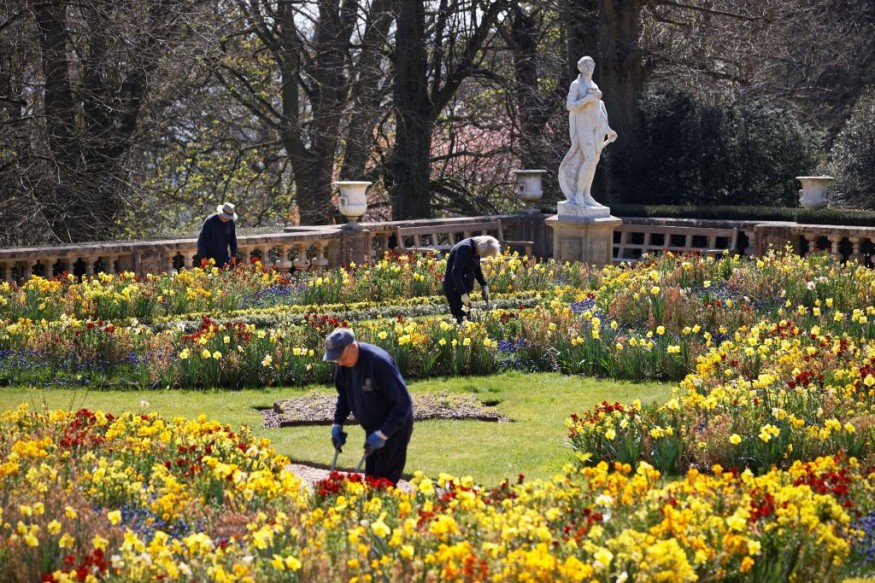Plants in the United Kingdom had been reportedly flowering one month earlier than scheduled. A new study suspects that the changes are due to climate change.
The results of the study were deemed 'truly alarming by experts. The impacts of climate change could affect many species of plants in the country. The primary result of the significant adjustments in plants could push them out of sync with other pollination contributors, including insects and birds.
Global Warming and Earlier Plant Flowering

The global temperature is strictly observed by the authors of the study, as it would only take a small amount of time to change things up around the plants in the United Kingdom. If the warming continues, the country's spring season could end up starting in February. The study was made possible through scientists from the University of Cambridge.
The global warming and plant flowering research were analyzed using a science database that accumulated data since the 18th century. The statistics included over 400,000 observations gathered from about 406 species of plants.
Lilac and English oak were among the most common plants that bloomed earlier compared to others. Alongside the two, daffodil, horse chestnut, and narcissi species experienced the same.
The spring date recorded from 1987 to 2019 was found to move a month earlier than the first flowering dates recorded between 1735 and 1986. Experts observed that the dates concede with the increase of human-induced global warming.
University of Cambridge expert and lead author of the study Ulf Buntgen said in a DailyMail report that results are indeed concerning for many plants, as the corresponding ecological risks push plants to adjust their flowering times abnormally.
Plant Flowering Schedule Adjustment and Its Impact
Buntgen explained that if plants flower earlier than their usual average, many factors could affect their development. One example is a phenomenon called late frost, which could kill plants instantly, leading to scarcity of plant-related products. Late frost is not new, as many gardeners are already experiencing the genocide in some of their plants today.
Early flowering could also lead to a bigger risk, such as an ecological mismatch. According to Buntgen, the biodiversity that co-evolved with the plants will affect the synchronization between the development stages.
Many animals will be affected by the change in spring because it disrupts the synchronization between flora and fauna. The authors said that the damage could be disastrous, resulting in the collapse of adaptation in both groups.
The Nature Calendar, maintained by the Woodland Trust, was the dataset utilized for the study. The compilation includes seasonal changes recorded throughout modern-day history. The consolidated data was gathered by scientists, professional gardeners, amateurs, naturalists, and even larger organizations, including the Royal Meteorological Society.
Cambridge's Department of Zoology expert and co-author Tim Sparks said that further monitoring would be met in order to keep track of the changes, as well as to understand more about the impacts of climate change on the organisms. The study was published in the journal Proceedings of the Royal Society B, titled "Plants in the UK flower a month earlier under recent warming."
RELATED ARTICLE : Climate Change Affects Coffee Quality and Turn Your Favorite Morning Brew Into A Luxury Product, Study Says
Check out more news and information on Climate Change in Science Times.
© 2026 ScienceTimes.com All rights reserved. Do not reproduce without permission. The window to the world of Science Times.












